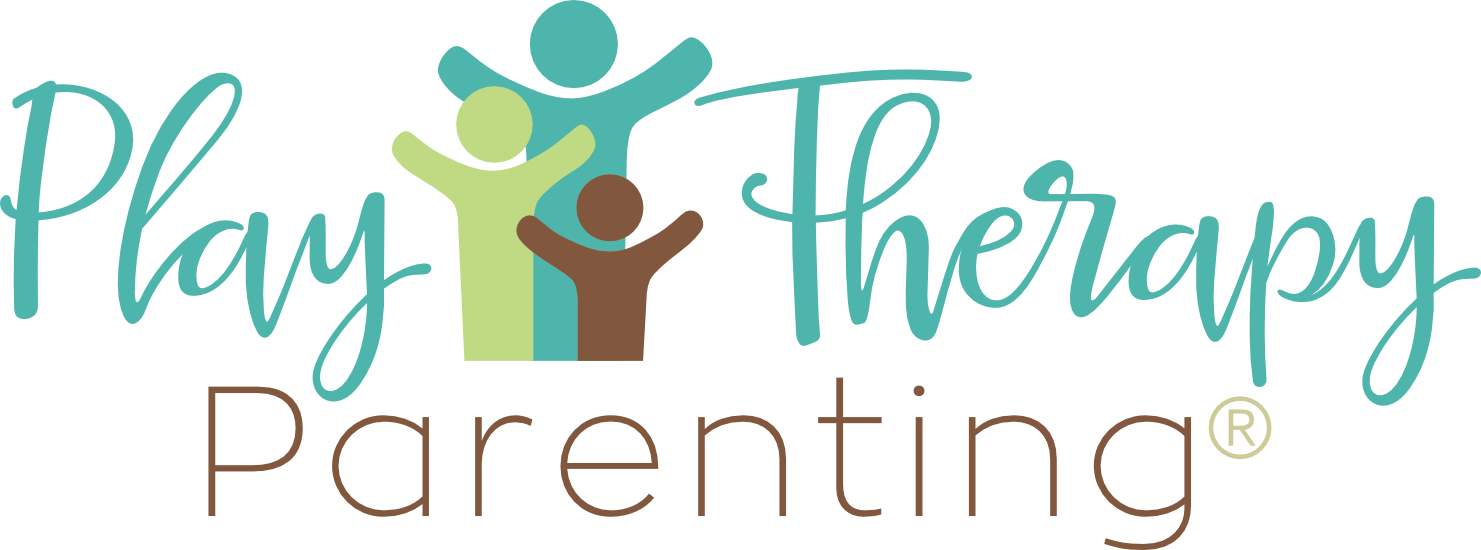Get Your Kids Moving to Combat Diagnoses!
Podcast Transcript
Hi, I’m Dr. Brenna Hicks, founder of The Kid Counselor and Play Therapy Parenting. Today, I wanted to share with you such an encouraging and fascinating awareness that I had this week. I heard a study from Harvard Health that research is showing that exercise is just as effective as antidepressant medication in many cases of people who have come in with presenting problems of depression. And with the number of preteens and teens that I have been working with lately who are not only feeling that they are depressed but also presenting with depressive symptoms, it has been very interesting to look at what research is revealing about how exercise is just as effective as medication.
What I feel is an epidemic in our country with our kids and our teenagers right now is that doctors are very quick to diagnose and then subsequently medicate. And so I often have families that come in and tell me, “My child has been diagnosed with this and they are on this medication.” And this has become a pervasive issue for younger kids and teenagers lately; they are being diagnosed with depression very young because of their symptoms.
What’s interesting from a play therapy perspective is that often they meet diagnostic criteria but that is not the root of what is going on. So what that looks like in a play therapy mindset is if we address the emotional, the social, the mental, the psychological, the behavioral, the academic, all of the facets of the child or the teen, and then they still meet diagnostic criteria for depression or for anxiety or for ADHD, then we’ll look into diagnosing and medicating. But oftentimes, almost all the time, children can work through their issues and they no longer meet diagnostic criteria.
Which is why this study is so encouraging to me because often, in recent months and years, kids are not exercising. They are spending most of their days at school. Then they are coming home and they’re doing homework and they’re playing video games and they’re on their tablets and their phones and their iPads. And therefore, their exercise and their time outside burning calories, building endorphins, strengthening muscles, increasing blood flow – all of the positive benefits of exercise – they are missing out on.
And unfortunately, if they’re being medicated for something that could be corrected with something as simple as exercise, that to me is tragic because side effects always come with medication. So a natural holistic approach, which very well aligns with play therapy.
Play is fun, and it’s engaging, and it’s exciting, and it involves the brain and the body and exercise does too.
So I would encourage you, please be aware of the need your kids have to be active, the need they have to get exercise. There are a lot of kids right now culturally that are inside almost all of the time. They’re not getting vitamin D from sun, they’re not getting the benefits of exercise. And not only do they need it for their growth and their development, but their brain needs it. Clearly their mood is affected by it.
So please encourage your kids to make sure that they’re getting appropriate levels of exercise. And especially if your child seems to be struggling with depression or has a depressive mood, make sure that exercise becomes a daily part of their routine. Because obviously research is showing that it can help just as much as medication.
So I hope that encourages you this week, and I look forward to seeing you again soon. Bye.



